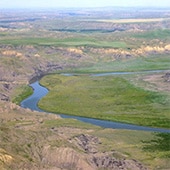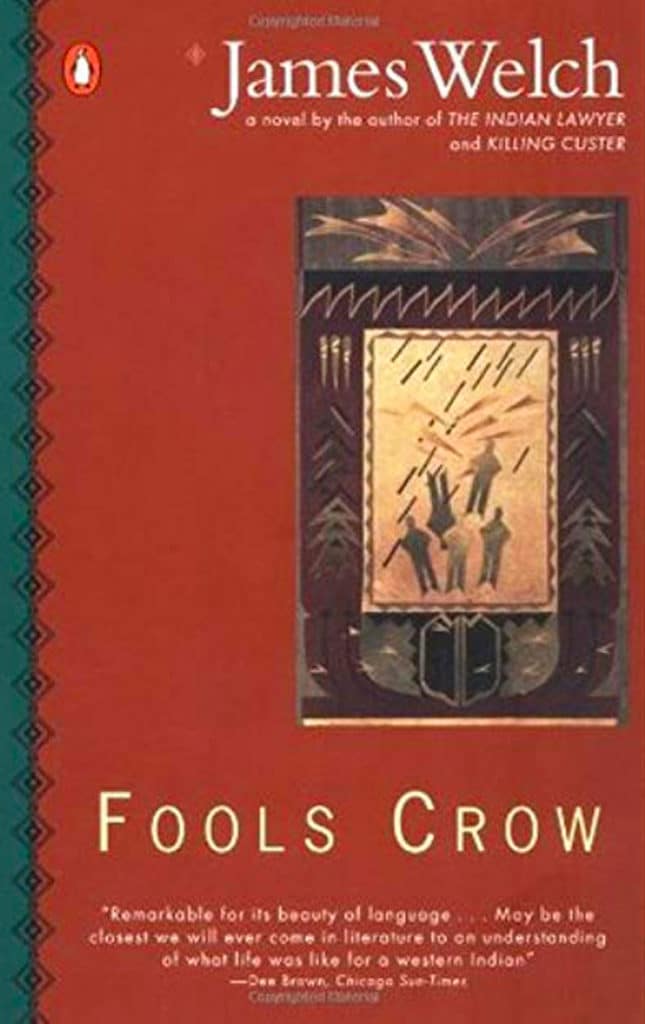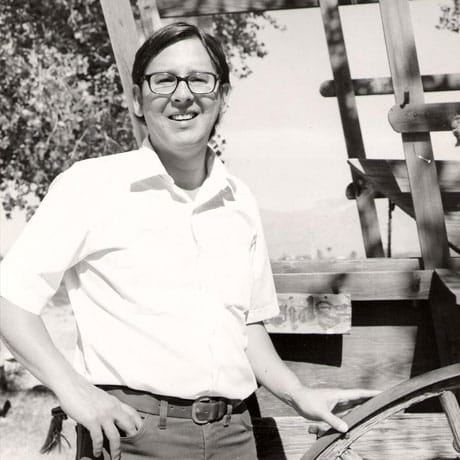Fools Crow: Riplinger’s Trading House on the Marias (Bear) River
…White Man’s Dog stood on a bluff overlooking the trading house on the Bear River. It was built in the shape of a rectangle, a series of squat buildings arranged around a central trading area. The log structures looked heavy and dark to White Man’s Dog. In the dusty yard five men stood around a pair of horses laden with robes. He recognized Riplinger, the trader, and Old Horn of the Grease Melters. (91)
Welch, James. Fools Crow. New York: Penguin Books, 1987.



